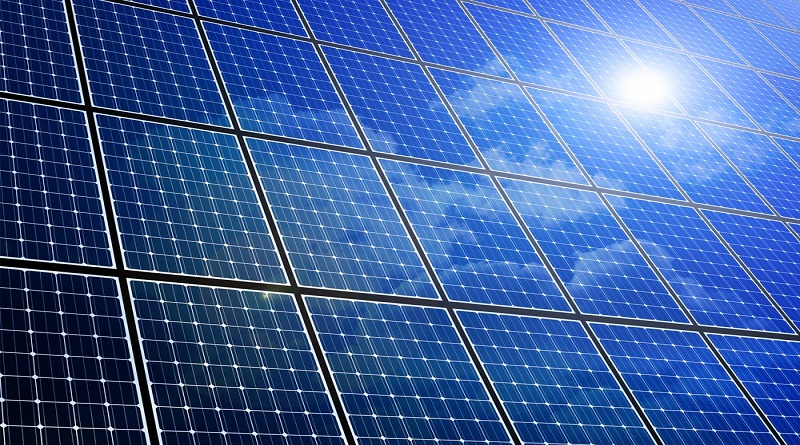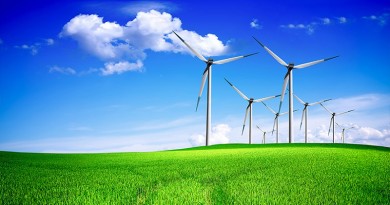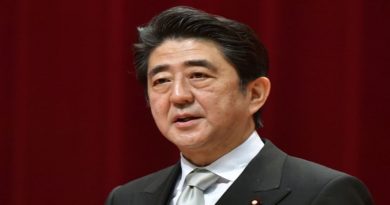Price of solar energy to fall further in 2018- Experts
Experts say the price of solar energy is expected to further dramatically drop in 2018, opening up further space for more ambition to tackle climate change which is crucial to achieve the goals of the Paris Agreement. According to the Bloomberg New Energy Finance (BNEF) analysis published in the journal PV Magazine, the price of photovoltaic panels is expected to decline by 34% this year, roughly the equivalent to the fall in module prices in 2016, and only exceeded by the 40% price drop in 2011.
Experts at BNEF also predict that module prices will fall by another 10% to 15% in 2019.
The decline in the price of photovoltaic panels is mainly driven by solar industry reforms in China, and is set to pave the way for greater commercial and residential use in many parts of the world.
India and other developing countries may be the biggest beneficiaries of the trend. India already heavily deploys cheap solar energy in order to wean itself off highly polluting coal and expensive energy imports.
Presently, 5 out of the 10 largest solar parks in the world under construction are in India and the country has already achieved its initial target of generating 20 Gigawatts through solar energy.
India is also blazing a trail with the International Solar Alliance (ISA), founded together with France in 2015, the same year the Paris Agreement was clinched.
The initiative, meanwhile ratified by 30 countries and signed by 60, focuses on investment in large-scale solar energy in developing countries to both meet escalating energy demand and fight rapid climate change.
The alliance plans to mobilize $1 trillion USD in funds for future solar generation, storage and technology across the world and aims to create at least 1,000 gigawatts (GW, or 1,000 MW) of solar power capacity by 2030.
This week, Indian Prime Minister Narendra Modi said the International Solar Alliance was “the single-most important global development towards the cause of environment after the Paris Conference.”
Narendra Modi reiterated how India took “convenient action” related to climate change, and termed the alliance ‘the single-most important global development towards the cause of environment after the Paris Conference.’
Speaking on behalf of UN Secretary-General António Guterres earlier this year, UN Climate Change Executive Secretary Patricia Espinosa stressed the important work of the ISA in breaking down barriers to real climate action:
“Our globally agreed goals in the Paris Agreement and the Agenda for Sustainable Development cannot be achieved without your [ISA’s] effort to scale up solar power generation and support countries with great solar potential. This is precisely what is needed to achieve those goals… This is our moment to deliver on the promise of a better future agreed in Paris,” she said.




